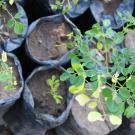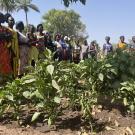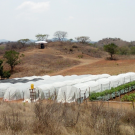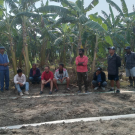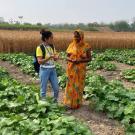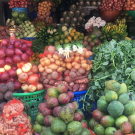Research projects led by the Innovation Lab for Horticulture network contribute to major objectives of the U.S. government's global hunger and food security initiative, called Feed the Future. Explore projects below, to see how research can advance agricultural growth, strengthen resilience and improve nutrition for all.
Feed the Future
Learn more about the U.S. government's global hunger and food security initiative

